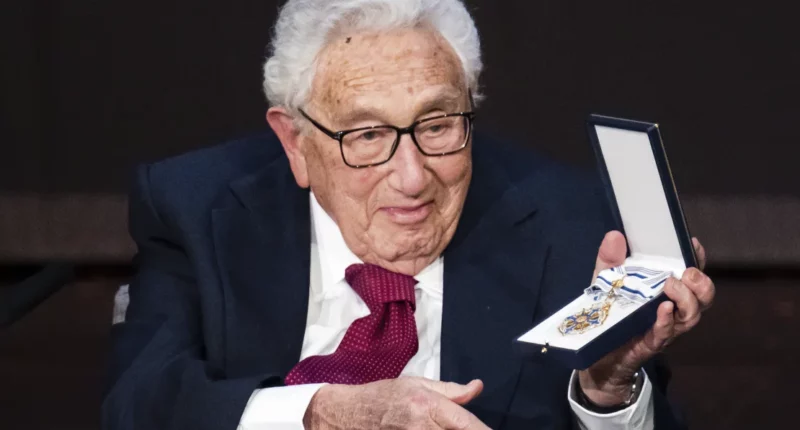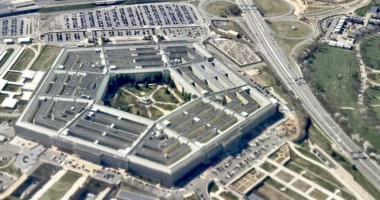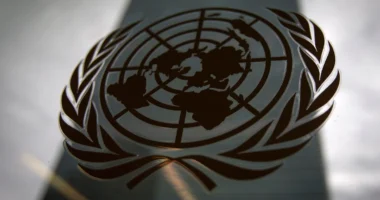Henry Kissinger, a pivotal figure in US foreign policy, passed away at the age of 100. Having fled Nazi Germany in his youth, Kissinger rose to prominence as a key and controversial player in American diplomatic history. His demise was confirmed by his consulting firm, Kissinger Associates, without disclosing the cause of death.
Kissinger’s legacy is intertwined with the 1970s and is marked by notable achievements and controversies. He played a crucial role in ending US military involvement in the Vietnam War, earning him a Nobel Peace Prize. Additionally, he orchestrated secret diplomacy that paved the way for President Richard Nixon’s historic visit to China in 1972.
Despite these successes, Kissinger faced criticism for the bombing of Cambodia during the Vietnam War, contributing to the rise of the genocidal Khmer Rouge regime. His involvement in supporting a coup against a democratically elected government in Chile also drew condemnation.
In the Middle East, Kissinger implemented “shuttle diplomacy” to navigate tensions between Israeli and Arab forces following the 1973 Yom Kippur War. His approach to US-Soviet relations, known as “détente,” led to significant arms control agreements and shaped US policy until the Reagan era.
However, Kissinger’s secretive approach to foreign policy faced opposition from many in Congress, and human rights activists accused him of neglecting human rights concerns in other nations. The Vietnam War remains a significant stain on his legacy, with the bombings of Laos and Cambodia leading to the rise of the Khmer Rouge and one of the worst genocides of the 20th century.
Born in Germany in 1923, Kissinger, a Jewish refugee, escaped Nazi persecution and became a naturalized US citizen in 1943. He served in World War II before earning his doctorate at Harvard. His political career began with consulting roles at the State Department and Pentagon, eventually leading to key positions under Nixon.
After Nixon’s resignation, Kissinger continued as Secretary of State under President Gerald Ford but faced challenges due to opposition within the Republican Party and the fall of South Vietnam in 1975.
Post-government service, Kissinger remained influential as an author and international consultant. He briefly returned to government in 2002 to lead a commission investigating the events preceding the 9/11 attacks but resigned amid conflicts of interest concerns.
Kissinger’s impact on US politics is still felt today, with his writings and geopolitical insights remaining relevant. However, his legacy remains divisive, reflecting the complexities of a statesman who left an indelible mark on American diplomacy.





